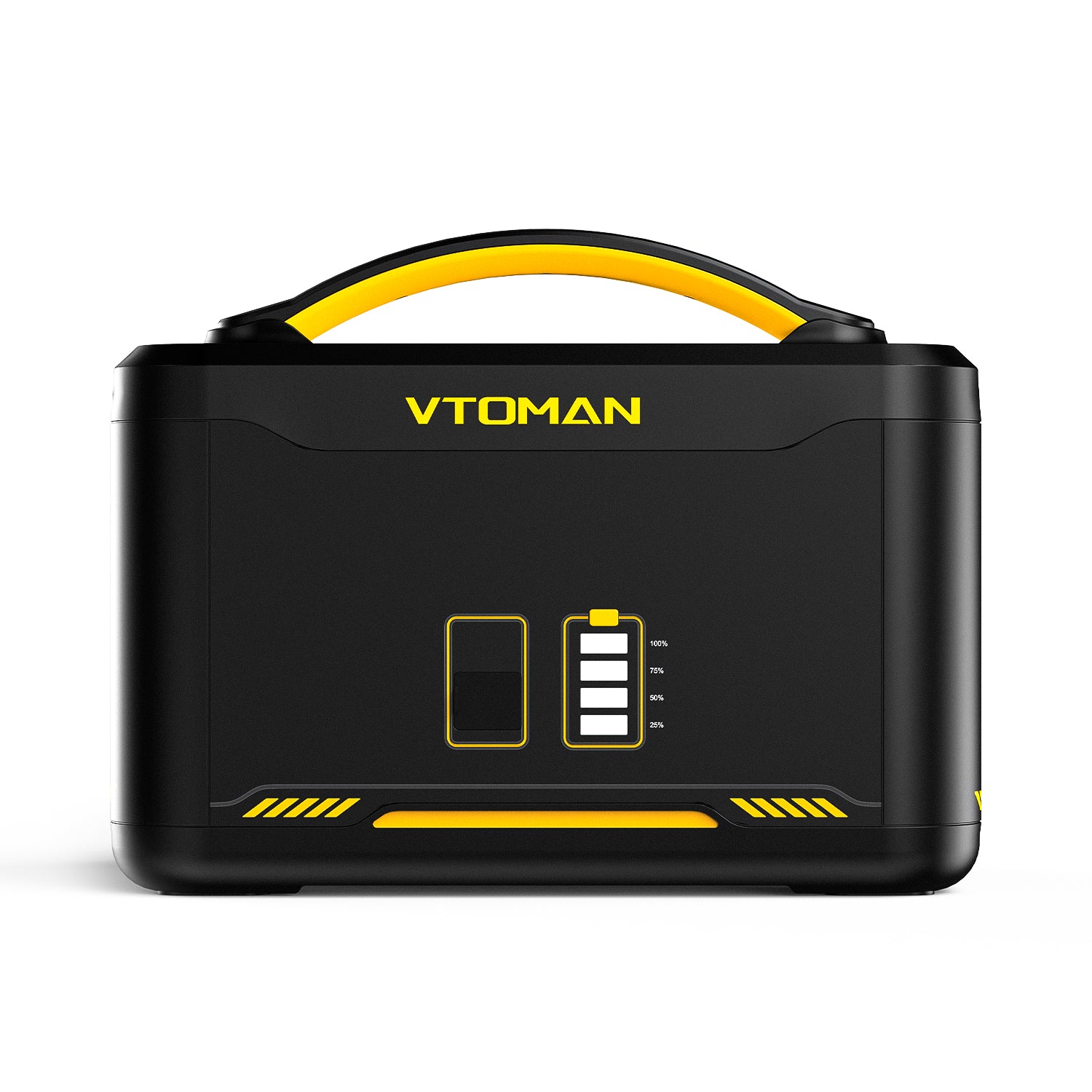As the world continues to grapple with the challenges of climate change, the need for sustainable energy solutions has become increasingly urgent. One of the key players in this transition towards clean energy is battery storage. In this article, we will explore the pivotal role of battery storage in driving sustainability and promoting a clean energy transition.

The Role of Battery Storage in Renewable Energy Integration
Battery storage plays a crucial role in the integration of renewable energy sources such as solar and wind power into the grid. These sources are inherently intermittent, as they depend on weather conditions and time of day. Battery storage systems address this intermittency by storing excess energy generated during peak production periods and releasing it during times of high demand or when renewable sources are not producing electricity.
This flexibility provided by battery storage not only ensures a more reliable and stable energy supply but also maximizes the utilization of renewable energy resources, ultimately driving sustainability and reducing reliance on fossil fuels.
Enhancing Grid Resilience and Stability
Another significant benefit of battery storage is its ability to enhance grid resilience and stability. In the face of natural disasters or grid malfunctions, battery storage systems can provide backup power and support critical infrastructure, such as hospitals and emergency services, ensuring continuity of essential services during challenging times.
Furthermore, battery storage can help mitigate the challenges posed by the increasing electrification of transportation and heating, by providing additional capacity to the grid and balancing supply and demand more effectively.
Empowering Energy Independence and Decentralization
Battery storage also plays a pivotal role in empowering energy independence and decentralization. By enabling individuals and businesses to store excess energy generated from their own renewable sources, such as rooftop solar panels, battery storage systems reduce reliance on centralized power plants and the traditional grid.
This shift towards decentralized energy systems not only promotes sustainability by reducing transmission losses and increasing energy efficiency but also fosters a more resilient and adaptable energy infrastructure that is less susceptible to large-scale disruptions.
Driving Sustainability: How Battery Storage is Promoting a Clean Energy Transition
It is evident that battery storage is a key enabler of the clean energy transition, driving sustainability across various dimensions. From enabling the seamless integration of renewable energy sources to enhancing grid resilience and empowering energy independence, battery storage is at the forefront of transforming the energy landscape towards a more sustainable and environmentally friendly future.
As the demand for clean energy solutions continues to grow, the role of battery storage will only become more prominent, further accelerating the transition towards a cleaner, more sustainable energy ecosystem.







